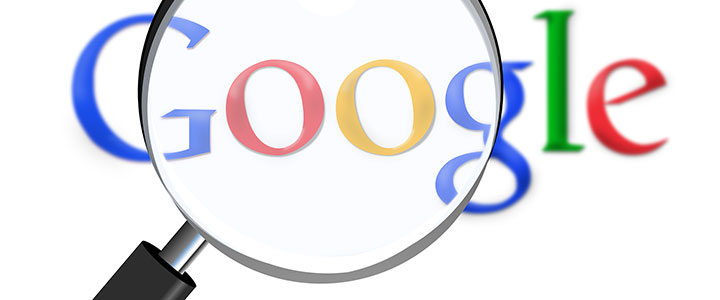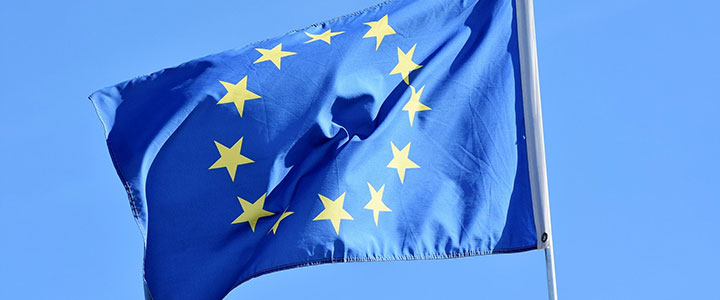The European Union has finalized a draft of its new Digital Services Act (DSA), which, according to all indications, will place restrictions on and control more closely the activity of large technology companies. There is even talk of forcing them to share their data with smaller companies and prohibiting them from applying any kind of preferential treatment for their products on their own platforms. All this is in the midst of a growing debate, also in the United States, about the excessive size and power of these companies and the possibility of forcing them to be split up to restore competition in the markets where they abuse their dominance.
Read moreDigital Services Act: Google’s aggressive lobbying proves what’s at stake




